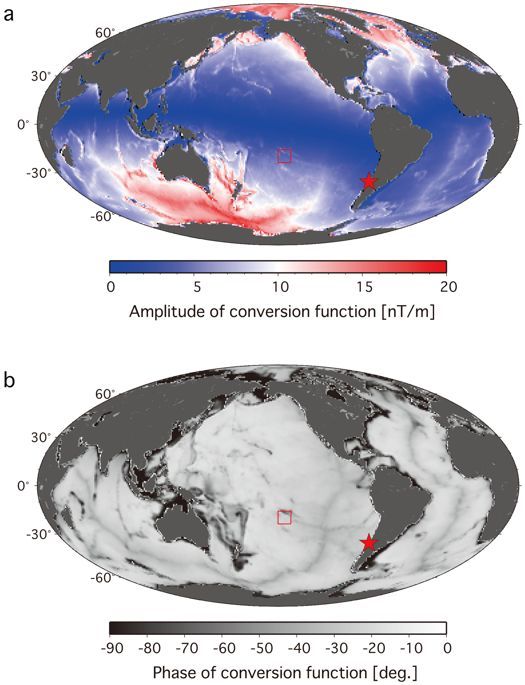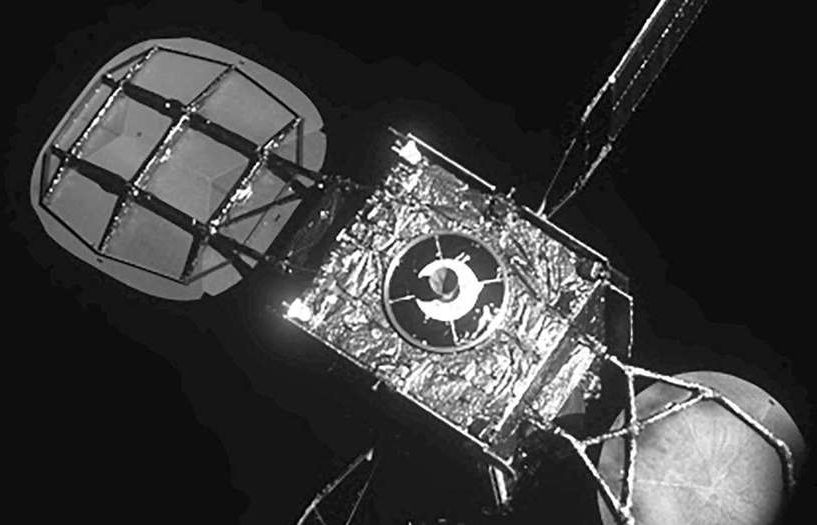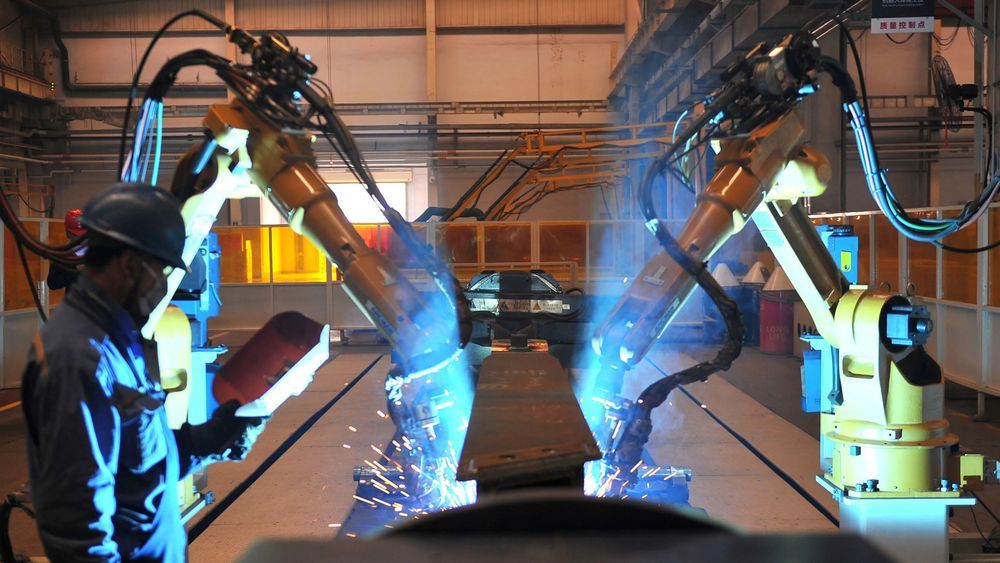I interviewed Aubrey de Grey from the SENS Research Foundation about the fight to eliminate ageing in humans, why he believes the first 1,500 year old human has probably been born and the transhumanist movement. Trying to grow the channel (on futurism/transhumanism) so please do sub if this is of interest.
I interview biologist Aubrey de Grey, Chief Science Officer of the SENS Research Foundation, about whether humans can overcome ageing (and therefore theoretically live for thousands of years). We discuss the obstacles to ending ageing, whether the first 1,500 year old human is currently alive and the transhumanist movement. Oh and I say longitudinal rather than longevity escape velocity which was a little embarrassing!
Aubrey is also VP of New Technology Discovery at AgeX Therapeutics and author of ‘Ending Aging’.







